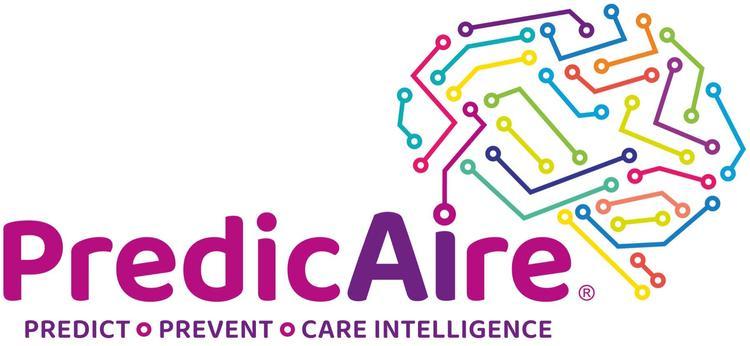Using Responsible Tech to Drive Data Driven Care

In many previous Insights we have discussed the increasing use and benefits of digital technology in social care. The Wachter report ‘Making IT Work’ highlighted that the goal of digitisation of health systems is to promote what has become widely known as healthcare’s Triple Aim: better health, better healthcare, and lower cost. Furthermore, The Care Quality Commission (CQC) has made encouraging innovation an explicit priority in its strategy.
The pandemic has increased the urgency of digitalisation across health and social care. For the latter, the past 12 months have seen CQC move to remote methods to give assurance of safety and quality of care, with physical inspections only taking place in extreme circumstances. It introduced an Emergency Support Framework, which used enhanced intelligence gathering to help local CQC teams give targeted advice and support.
Whilst the march towards digitalisation now seems inevitable, there are naturally concerns about the use of technology in social care. But what do we mean by ‘Responsible Technology’, and how can it be applied to social care to provide better data and better care?
Doteveryone’s founder Martha Lane Fox wrote about Responsible Technology in The Guardian that, “In this brave new post-Brexit world, let’s choose to be a country that believes technology in and of itself is not enough — that demands it be fair, ethical, and sustainable as well.” Of these requirements, the one which will arguably have most importance in social care is ‘ethical’ (although having fair and sustainable tech is important too!), and this is where we will focus our thoughts.
The most obvious ethical question relates to data storage. How can families be reassured the data stored on their loved one is secure? We would argue that far from posing an increased risk, digitalisation is a far safer way to store records than on paper, which can be lost, altered, misplaced, or misread. It also presents opportunities - in the near future it will be possible for care providers to share records with health practitioners in the NHS and vice versa. Software as a Service (Saas) providers are working to achieve this by connecting the NHS GP Connect system with healthcare providers, so that they have access to invaluable primary care data. This development will increase the speed with which a diagnosis can be made, and remedying treatment or care provided; as well as simplifying the process of admitting a resident to a care setting.
A second question surrounds the use of Artificial Intelligence (AI) in social care. In our Insight Better Data | Better Outcomes: The Quest for Artificial Intelligence in Social Care we discussed the ways in which AI is already being trialled in care homes, including the International Caresses (Culture-Aware Robots and Environmental Sensor Systems for Elderly Support) project. This multidisciplinary study is aimed at designing, developing and evaluating culturally competent robots that can assist older people. Although there may be a fear that AI will be used to replace human interaction, nothing could be further from the truth. Rather, as a responsible technology it will be used to complement the care staff, providing data which will give them an ‘early warning’ system to predict and prevent unnecessary outcomes. It will also provide staff and medical professionals with a clear understanding of what a resident’s ‘normal’ vital signs are, which may also prevent unnecessary alarm and medical intervention. Furthermore, by storing records and observations electronically the possibility of any changes to a resident’s condition being overlooked at a shift handover is minimised.
PredicAire is the first care management software to truly utilise responsible technology and AI. Its ‘virtual nurse’, Flo, is central in identifying early warning signs, to deliver person-centred care. It is able to offer intuitive point-of-service care and monitors residents’ vital signs, so that anomalies can be detected and appropriate early intervention swiftly taken to predict or prevent avoidable consequences. Its other modules are:
- Intuitive Care Planning
- Robust Quality Assurance
- Family connectivity
- Staff Management
- Rota Planning
- Nutrition
- Activity Planning
- Maintenance
- Admin
The software uses a seamless single sign on cloud based system, with data housed under one ecosystem. It is available on multiple devices including desktop and android powered tablets and mobile devices, meaning that care staff can record seamless real-time observations enabling immediate early warning measures assuring residents’ wellbeing.
Responsible Technology will never ultimately BE responsible for care – its role will be to give providers meaningful and accurate data in order to obtain the best possible outcomes for their residents.
Contact us to book a demo and see how PredicAire’s responsible technology takes digital care management to the next level.

